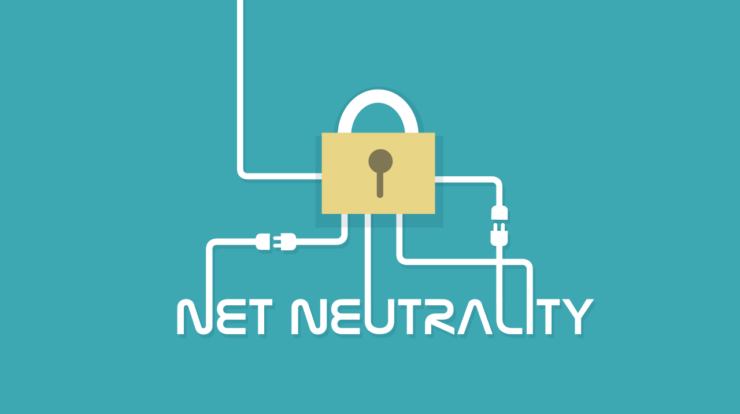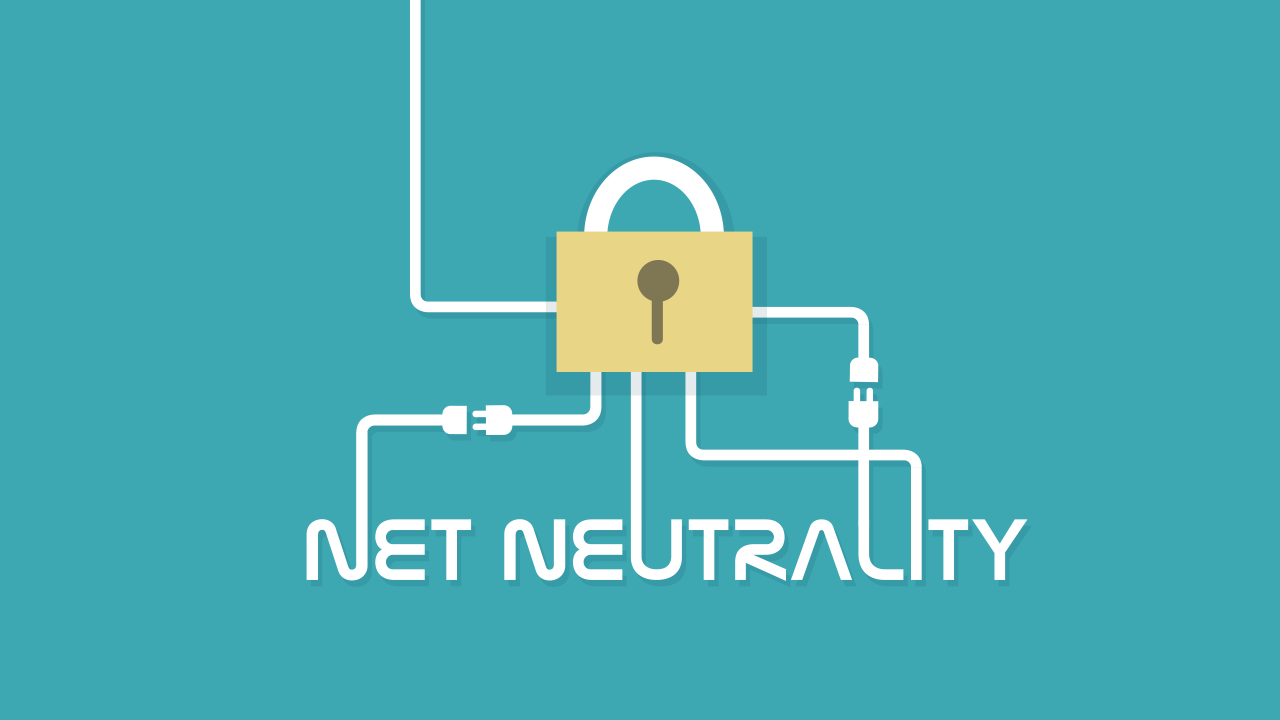
Net neutrality definition – Net neutrality, a fundamental principle of the internet, ensures equal access to all online content and services. This definition explores the concept, its importance, and the implications of its absence.
Without net neutrality, internet service providers could prioritize certain content or applications, leading to a tiered system where users pay more for faster speeds or access to specific websites.
Net Neutrality Definition
Net neutrality is the principle that all internet traffic should be treated equally, regardless of its source, destination, or content. This means that internet service providers (ISPs) cannot block, throttle, or discriminate against specific websites or online services.
The core principles of net neutrality are:
- Open access: All users should have equal access to all content and services on the internet.
- No discrimination: ISPs cannot favor or discriminate against specific websites or online services.
- Transparency: ISPs must be transparent about their network management practices.
Net neutrality is important because it ensures a fair and competitive internet ecosystem. It prevents ISPs from abusing their power to stifle innovation, control content, and extract higher prices from consumers.
Examples of net neutrality violations include:
- Blocking: ISPs blocking access to specific websites or online services.
- Throttling: ISPs slowing down the speed of specific websites or online services.
- Paid prioritization: ISPs charging websites or online services for faster delivery.
End of Discussion

Net neutrality remains a contentious issue, with ongoing debates about its impact on innovation, competition, and free speech. Understanding its definition is crucial for navigating these discussions and ensuring a fair and open internet for all.
User Queries: Net Neutrality Definition
What is the purpose of net neutrality?
Net neutrality aims to prevent internet service providers from discriminating against certain types of online content or services, ensuring equal access to the internet for all.
How does net neutrality affect businesses?
Net neutrality fosters a level playing field for businesses, allowing them to compete on the basis of their products or services rather than their ability to pay for faster internet access.
What are the potential risks of violating net neutrality?
Violating net neutrality could lead to a tiered internet system, where users pay more for faster speeds or access to certain websites, potentially stifling innovation and limiting online freedom.




